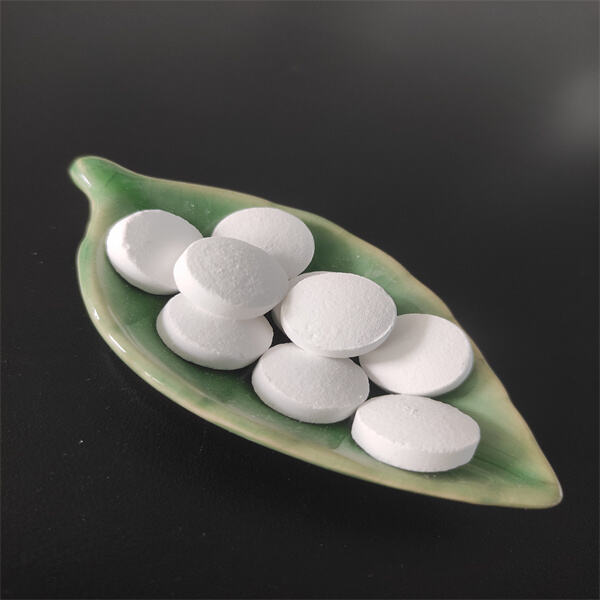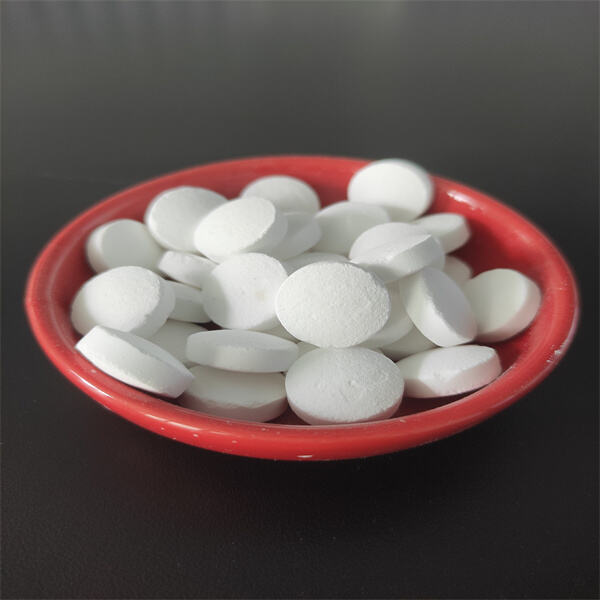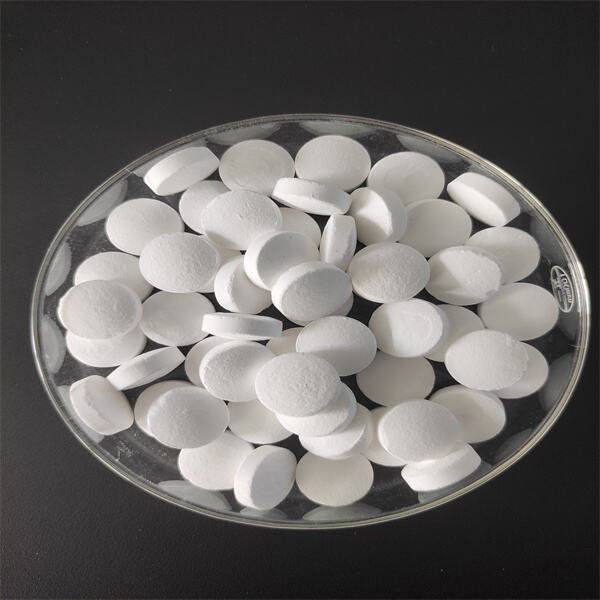Swimming pools are great fun, whether you’re swimming or splashing about in the water on a hot summer’s day. But did you ever think about the work that goes into maintaining a swimming pool and keeping it safe? Something that makes swimming pools clean is chlorine. Now, let’s take a closer look at what is chlorine and how it works to keep your swimming pool a fun and safe environment!
You may be thinking, what the hell is chlorine? Chlorine is a chemical people add to swimming pools to kill germs and bacteria that cause disease. When you swim, you carry dirt, sweat — and even pee — into the pool. Yuck! Chlorine helps rectify that so that you can swim in clear water. We treat our water with chlorine so swimming in pools won’t make us sick.
Not only does chlorine help keep swimming pools clean, it makes them safe for swimming. Germs and bacteria can make people ill, particularly if they swallow pool water or get it in their eyes. Pool owners can ensure that dangerous germs are killed, so the water in their pools is safer for everyone, by adding chemicals such as chlorine to their water. So why, the next time you’re swimming in a pool, don’t you thank chlorine for protecting you?

Chlorine has been used for many years as a cleaning agent for swimming pools because it does a great job killing germs and bacteria. It does so by breaking down the cell walls of microscopic organisms, which leaves them unable to survive in the water. This helps keeps the water clean and safe for swimmers. So if you ever do catch a whiff of chlorine in the pool, be glad for it — it’s working hard to keep the water clean for you.

Chlorine is an excellent way to make sure your pool is kept clean and safe, but only if you have enough. Without enough chlorine in the water, germs that sicken people can live and multiply, making the water dangerous. But when there’s too much chlorine in the water, it can irritate your skin and eyes. That’s why pool owners have to test the chlorine levels regularly to keep the pool healthy and fun for everyone.

Have you ever watched a swimming pool where the water was not clear? That occurs when the water is not clear, which may mean insufficient chlorine. Maintaining appropriate levels of chlorine can help ensure that the water remains clear and welcoming for swimming. Clear water makes swimming more enjoyable and allows you to spot anything gross in the pool, derbies or other objects.